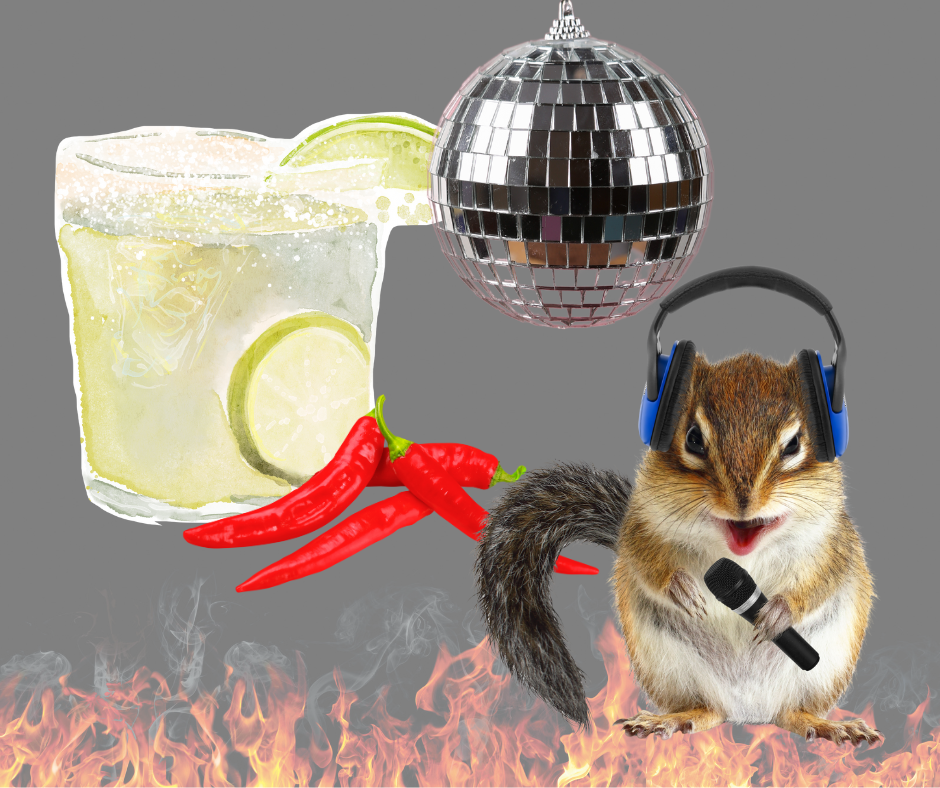Last week, I came to the stark realization that there is no last frontier. There is no part of the globe that has not been marred by humankind’s poisonous encroachment, and now even places outside this planet have felt this touch.
On April 1, China’s prototype space station called Tiangong 1 broke apart and scattered through space in a fiery explosion. The station was 34 feet long and weighed more than nine tons, and now chunks of it are adding to the accruing human produced debris dubbed “space junk”. This space junk is born from debris created in the launch, orbit, or collision of satellites, or from the breakdown of large objects like Tiangong 1.
This may seem like a non-issue, but these objects will stay in orbit and are becoming a danger to space exploration as they move extremely fast, are filled with toxic materials, and are unpredictable in location.
I felt dejected when I learned about this. I was born and raised in Nebraska, and the thought of the unexplored depths of the oceans and the cosmos always fascinated me. I pictured the ocean as a vast and colorful world full of beauty. Now I know that heaps of trash the size of Texas befoul the ocean, coral reefs around the world are becoming bleached and dying, and we are losing species after species to extinction.
As saddened as I was by learning the true state of the ocean, I decided to put my hope in space. From a young age I have felt a special connection with space. Some of my earliest and fondest memories are of my dad and me laying on the lawn and looking up at the pinpricks of light that are stars. He taught me how to locate different constellations and told me stories about them. On a dark and warm night in a pasture with crickets chirping I learned to navigate by the stars. There were no houses or lights for miles around. I thought that I would never be lost, because I could always find the North Star and orient myself that way.
Moving to Seattle, I immediately felt disconnected and lost. When I look to the sky all I see is clouds and maybe a few occasional stars. It is nothing like the sky I grew up under, the celestial bodies that inspired me and gave me hope. I knew that the stars were still there though, and this thought comforted me.
But now, I am confronted with space junk. My frustration with the species of which I am unwittingly a part of is at an all time high. Humanity is a slow working poison, whose tentacles have sprawled out and strangled the planet, putting mother nature in a death grip, and now they have reached beyond. In the grand scheme of the timeline of the universe, we are but a small blurb, a small blurb that has managed to change and destroy things forever.
—Bailee Clark, Staff Writer






![[OPINION] Two Thirds Good and One Third Abysmal in the USWNT’s First Three Games of the Year](https://seattlespectator.com/wp-content/uploads/2023/05/internationalsoccer-natalieschorr@4x-900x900.png)
